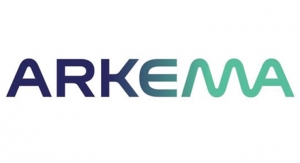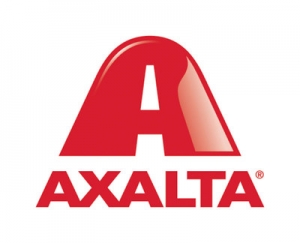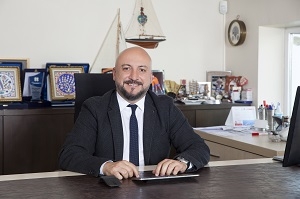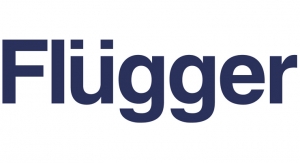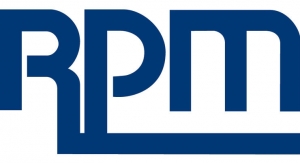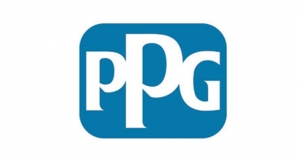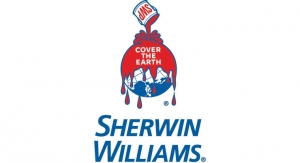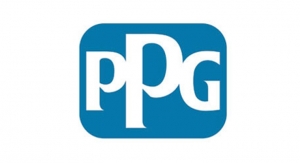The Waterloo Institute for Nanotechnology (WIN) within the University of Waterloo, is working in collaboration with SiO2 Innovation Labs on the research.
“The COVID-19 virus can survive on surfaces for 24 hours or more,” said Sushanta Mitra, professor of Mechanical and Mechatronics Engineering and lead researcher on the project. “In order to protect frontline workers and the general public, it’s important that the virus is neutralized immediately when it comes into contact with any surface; our work will culminate in the production of an anti-viral coating that will do just that.”
Mitra’s team has developed an innovative experimental set-up to quantify the adhesion force between the viral load and the coated surface. Mitra is using water droplets to mimic the primary mode of transmission of COVID-19 between humans – droplets of saliva or other bodily fluids.
Further testing will determine the coatings' ability to de-activate SARS-CoV-2 that causes COVID-19 illness in our populations.
The process for creating the coating is multi-step, involving the development of techniques to durably coat the anti-viral material of different surfaces, understanding the origin of the physical forces between the virus and the coated materials through careful experiments and the development of a computational model and finally the creation of an optimal formulation of the coating materials based on these studies.
“Our history of creating and delivering safe, sustainable and environmentally friendly products is enabling us to meet this historical moment,” said Bruce Johnston, chief technology officer at SiO2 Innovation Labs. “We’re thrilled to be collaborating with Prof. Mitra and WIN in order to bring to market a surface coating that can neutralize pathogens quickly and their subsequent spread. Reduced infection rates will save lives and create safer environments in public and private spaces including homes, the workplace, schools, stores, public transit and hospitality venues”.
This research is multi-faceted and is being conducted by many different researchers at Waterloo including Boxin Zhao, professor in Chemical Engineering and John Honek, professor in chemistry.
The Waterloo Institute for Nanotechnology (WIN) is Canada’s largest nanotechnology institute committed to UN Sustainable Development Goals and a global leader in discovering and developing smart and functional materials, connected devices, next-generation energy systems and, therapeutics and theranostics.
SiO2 Innovation Labs creates innovative, safe and efficient ultra-thin high-performance commercial and industrial coatings that are manufactured in North America.


